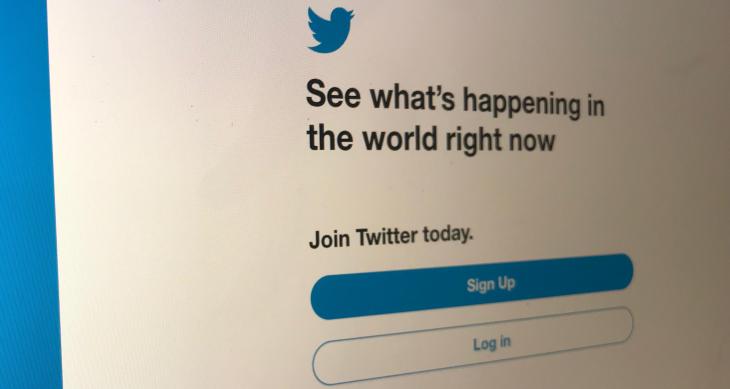Here’s a concerning story from India, where the upcoming election is putting the use of social media in the spotlight.
While the Indian government is putting Facebook, Google and other companies under pressure to prevent their digital platforms from being used for election manipulation, a journalist has demonstrated just how easy it is to control the social media messages published by government ministers.
Pon Radhakrishnan, India’s minister of state for finance and shipping, published a series of puzzling tweets today after Pratik Sinha, a co-founder of fact-checking website Alt News, accessed a Google document of prepared statements and tinkered with the content.
Among the statements tweeted out, Radhakrishnan said Prime Minister Modi’s government had failed the middle classes and had not made development on improving the country’s general welfare. Sinha’s edits also led to the official BJP Assam Pradesh account proclaiming that the prime minister had destroyed all villages and made women slaves to cooking.
These are the opposite of the partisan messages that the accounts intended to send.
The messages were held in an unlocked Google document that contained a range of tweets compiled for the Twitter accounts. Sinha managed to access the document and doctor the messages into improbable statements — which he has done before — in order to show the shocking lack of security and processes behind the social media content.
Sinha said he made the edits “to demonstrate how dangerous this is from the security standpoint for this country.”
“I had fun but it could have disastrous consequences,” he told TechCrunch in a phone interview. “This is a massive security issue from the point of view of a democracy.”
Sinha said he was able to access the document — which was not restricted or locked to prevent changes — through a WhatsApp group that is run by members of the party. Declining to give specifics, he said he had managed to infiltrate the group and thus gain access to a flow of party and government information and, even more surprisingly, get right into the documents and edit them.
What’s equally as stunning is that, even with the message twisted 180 degrees, their content didn’t raise an alarm. The tweets were still loaded and published without any realization. It was only after Sinha went public with the results that Radhakrishnan and BJP Assam Pradesh account begin to delete them.
The Indian government is rightly grilling Facebook and Google to prevent its platform being abused around the election, as evidence suggested happened in the U.S. presidential election and the U.K.’s Brexit vote, but members of the government themselves should reflect on the security of their own systems, too. It would be too easy for these poor systems to be exploited.
